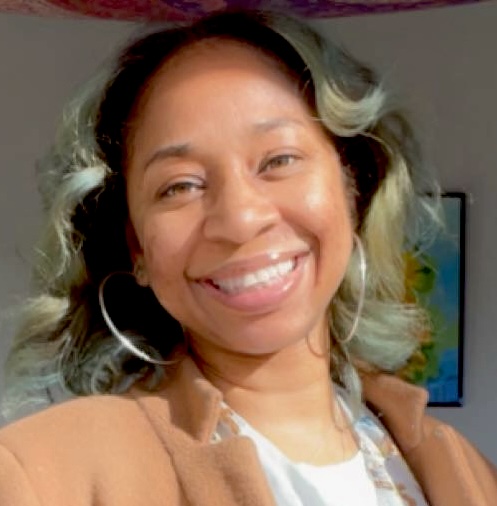
CAMBRIDGE – A sign in Dean Kathleen McCartney’s office at the Harvard Graduate School of Education proclaims “Education is a Civil Right.” Yet McCartney worries that the country is a long way from viewing early education as a right rather than the responsibility of families. She and HGSE hosted the September 2010 meeting of the Massachusetts Board of Early Education and Care.
McCartney came to HGSE in 2000 as the first faculty member with a background in early childhood education. “The place,” she says, “was heavily focused on K-12.” McCartney was appointed dean in 2006, after serving as acting dean from 2005-2006 and academic dean from 2004-2005. Prior to her arrival at Harvard, she was a professor of psychology at the University of New Hampshire. McCartney also directed the UNH Child Study and Development Center, a lab school that served 140 children from infancy to kindergarten. In our conversation, she spoke of gaps in early childhood research, the status of public policy and the role of her institution. She disclosed a favorite children’s book, which I reveal at the end of this blog post.
McCartney mentions two avenues she hopes researchers will explore. “We should learn more about teacher effectiveness,” she said. “Most of the research in early education has looked globally at what we call ‘quality.’ We have to look more systematically at what qualities and characteristics differentiate more effective teachers from less effective ones.”
McCartney also wants more longitudinal research to add to the lessons learned from the landmark Perry Preschool, Abecedarian and Chicago Child-Parent Centers studies. “We need rigorous experimental studies of early education as an intervention, especially for children from poor families,” she says.
Her overriding concern in the area of public policy is what she terms the “disconnect” between research and practice.
“Public policy should be a matter of public will. Usually we don’t have sufficient research to direct policy, but in this case we do. Even though we have good data about the benefits of early education relative to the costs, it’s up to the public to decide where and how we invest public dollars. So far, we’ve said ‘no’ to universal early education. There’s a real disconnect between research and practice, because we know that early education is effective in promoting school achievement,” McCartney says.
“Our preschool policy is rooted in Head Start, which is part of the war on poverty. We have questions about whether early education is a public or private responsibility. Some believe it’s too costly. Imagine if we had decided 150 years ago that education was a family responsibility. We wouldn’t have universal access to K-12 public education. There’s a substantial research base that we have to start earlier, especially for kids in poverty.”
Just as McCartney thinks we need more research on teacher effectiveness, she also sees holes in policies concerning the early education workforce.
“I worry a lot about the public policy issues in early education,’ she says. “How do we build a qualified workforce given the low wages? We have a patchwork quilt, not a system like other industrialized countries. I do worry that there hasn’t been the public will here to integrate early education into our broader educational system.”
It’s difficult for many prospective HGSE students to justify a master’s degree in early education, given the current salaries of teachers. McCartney says, “As a result, we believe our greatest path to having an impact is to focus on continuing education for those already in the early education field.”
Post script. As I do in every interview, I asked McCartney her favorite children’s book. What better way to convey the magic of reading than by remembering a well-loved book? McCartney names “The Monster at the End of this Book: Starring Lovable, Furry Old Grover” by Jon Stone. “If I read it to my 28-year-old today, she wouldn’t stop giggling,” McCartney says.
That the book is connected to Sesame Street is no accident. The Harvard Ed School has long been associated with the PBS classic. The late Gerald Lesser, who helped develop the curriculum for Sesame Street during his three decades on the faculty of the Ed School, died in September at the age of 84. He was also a former chairman of the Children’s Television Workshop. In addition to being dean, McCartney is the Gerald S. Lesser Professor in Early Childhood Development.
Read the first page of “The Monster at the End of this Book” below:
“On the first page, what did that say? Did that say there will be a Monster at the end of this book??? IT DID? Oh, I am so scared of Monsters!!!”




Leave a Reply